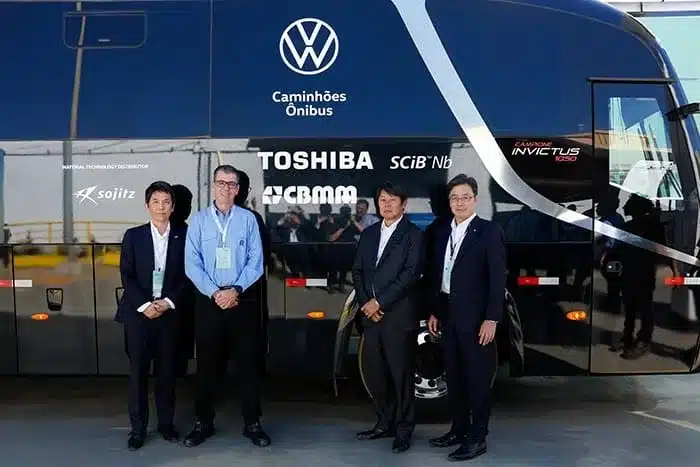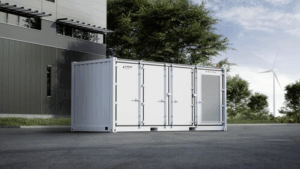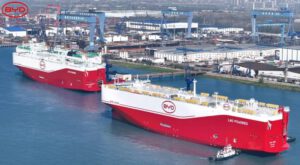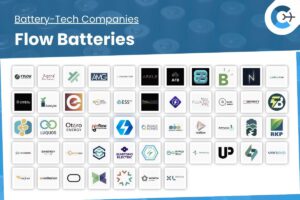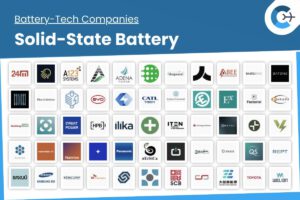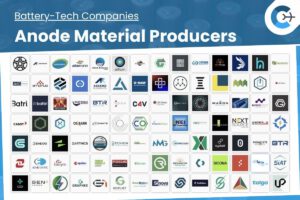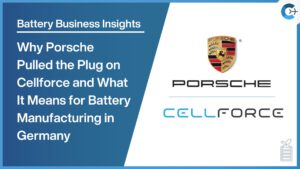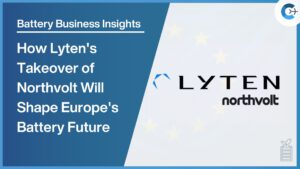Toshiba Corporation has announced that it will begin sample shipments of its new SCiB™Nb rechargeable lithium-ion battery in June 2025. Featuring a niobium titanium oxide (NTO) anode, the SCiB™Nb is the first commercial battery to employ this material, offering a volumetric energy density on par with lithium iron phosphate (LFP) batteries while delivering rapid-charge and long-life performance. The battery can reach 80% state of charge in approximately 10 minutes and maintains an estimated cycle life of up to 15,000 cycles under repeated rapid partial-charge conditions.
Toshiba is partnering with Brazil’s CBMM, the world’s largest niobium producer, and Japan’s Sojitz Corporation to establish a stable NTO supply chain and accelerate market entry. The collaboration targets commercial electric vehicles (EVs) such as buses and trucks, where high availability and frequent charging are critical. Deploying the SCiB™Nb in e-buses and e-trucks is expected to reduce the number of replacement batteries needed and lower total cost of ownership by mitigating capacity degradation over time.
Unlike conventional carbon-based Li-ion batteries, which can develop lithium plating and safety risks during fast charging, the NTO anode in SCiB™Nb does not promote metal lithium deposition. This characteristic supports both safety and longevity even under repeated high-rate charging cycles.
Under a joint development agreement, Toshiba, CBMM and Sojitz have already conducted real-world demonstration trials using a prototype e-bus equipped with SCiB™Nb cells at CBMM’s Araxá facility in Brazil. The cells to be shipped are 50 Ah laminate modules, offering a nominal voltage of 2.3 V, volumetric energy density of 350 Wh/L (excluding tabs and sealing), and energy density of 130 Wh/kg. Each cell measures approximately 98 × 280 × 12 mm (excluding tabs) and weighs about 860 g. It supports 5C rapid charging (0 – 80% SOC in 10 minutes) and operates in temperatures ranging from –30 °C to +60 °C.
Toshiba plans to expand the SCiB™Nb lineup for applications in other commercial vehicles, maritime vessels and stationary energy storage, continuing its commitment to advancing technologies that support a carbon-neutral society.
Source: Toshiba Corporation

